This requires teacher training at pedagogical universities to be more diverse and flexible.
SINGLE-SUBJECT THINKING IS AN OBSTACLE IN EDUCATIONAL INNOVATION
Teaching by separate subjects has the advantage of providing learners with a systematic and logical system of knowledge in each subject area, thus making teaching by teachers and learning by students easier. However, organizing the educational program by separate subjects makes it difficult for learners to recognize the relationship between scientific fields and difficult to solve problems in life - always requiring the mobilization of knowledge and skills from different fields.
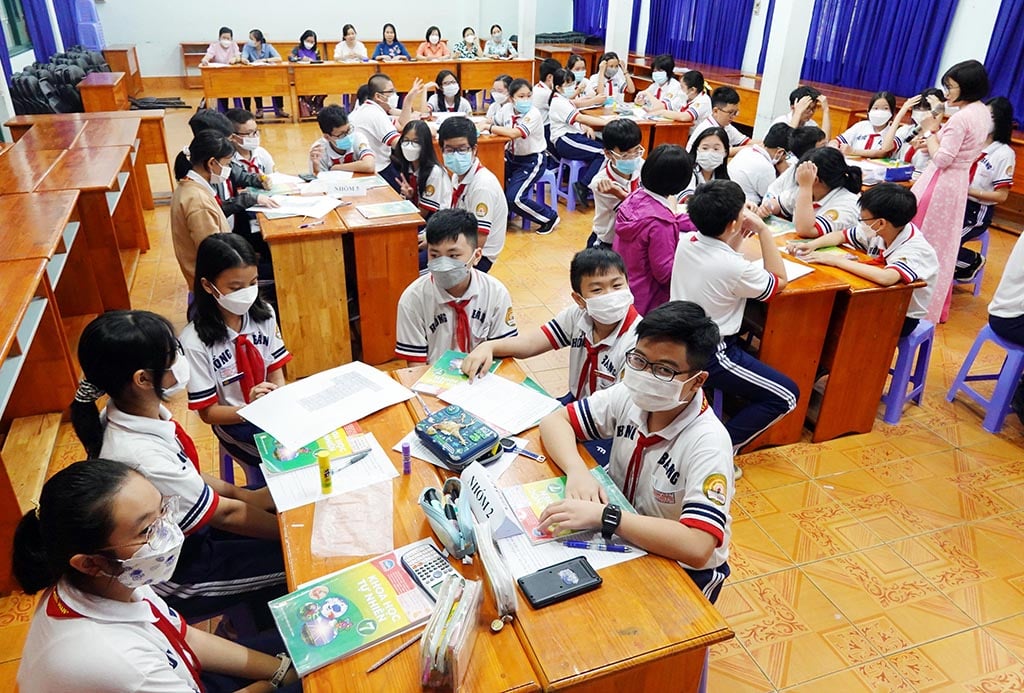
Students in a natural science class
According to education experts, in the process of general education reform after 2000, many people proposed designing a number of integrated subjects such as natural sciences and social sciences at secondary level as many countries with advanced education have done, but when surveying the opinions of schools and teachers, the majority objected.
Single-subject thinking also affects integrated and multi-subject teacher training. For example, since 2005, Thai Nguyen University of Education has opened a 4-year regular university-level secondary school teacher training program, called the two-subject university program. However, in 2011, this training program stopped enrolling students and in 2014, the school's Secondary Education Department was officially dissolved.
TRAINING AT TEACHER EDUCATION COLLEGES NEEDS TO BE DIVERSE AND FLEXIBLE
Since the country implemented the 2018 General Education Program to develop learners' capacity and qualities, the organization of subjects has been highly integrated in lower grades and levels and gradually differentiated in higher grades and levels. At the secondary level, there are integrated subjects such as natural sciences, history and geography, local education, experiential activities, career guidance, etc. At the same time, STEM education (integration of science, technology, engineering and mathematics) is set for all three levels of primary, secondary and high school.
Based on the above requirements, the training and development of teachers of pedagogical universities in the direction of multi-subject and integration is very necessary and urgent. Since 2019, many schools have opened the training code for teachers of "natural sciences", "history and geography", and provided training in teaching natural sciences for teachers who are teaching physics, chemistry, biology; and training in teaching history and geography in secondary schools. However, this training and development is still slow compared to actual requirements.
The training of integrated and multi-subject teachers at the University of Education not only meets the requirements of the 2018 General Education Program but also meets the practical requirements of small-scale secondary and high schools that require teachers to teach not only 1 subject but 2 to 3 subjects. On the other hand, at the high school level, students will have 7 compulsory subjects and educational activities and 4 optional subjects (in the subjects of physics, chemistry, biology, informatics, geography, economic education and law, technology, music, fine arts). This leads to teachers of some subjects such as physics, chemistry, biology, technology, geography, economic education and law, informatics will have few students choosing them, leading to a surplus. These teachers have to teach local education or organize experiential activities, career guidance, and specialties for which they are not trained. Therefore, teacher training at pedagogical universities, in addition to the two integrated subjects at the secondary level, should follow the direction of combining subjects such as physics - chemistry, chemistry - biology, literature - civics, history - geography, information technology - technology, etc. In which, the first subject is the main training subject, the second subject requires students to study a certain number of credits. At that time, the pedagogical university will issue a certificate for the second subject. The Ministry of Education and Training allows high schools to arrange teachers to teach two subjects if they have a certificate of training for the second subject issued by the pedagogical university.
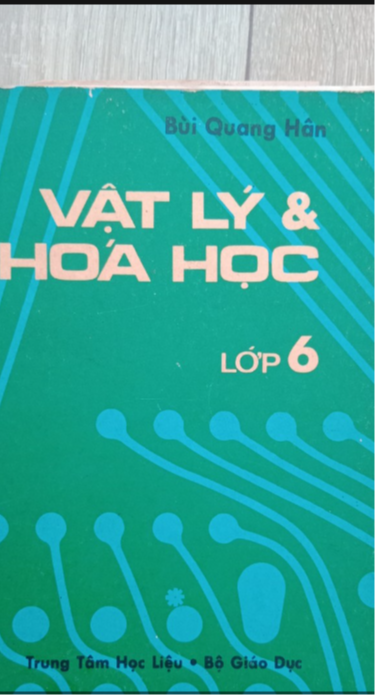
Previous physics-chemistry textbooks
Teacher Bui Quang Han, former head of the physics department at Le Hong Phong High School for the Gifted (HCMC), said he graduated from Saigon University of Pedagogy with a degree in physics and chemistry in the 1962-1965 school year. After graduating, he taught physics and chemistry from grades 6 to 12. In 1981, he was assigned to teach chemistry at Le Hong Phong High School for the Gifted, then switched to teaching physics and became the head of this subject.
Thus, teacher training at pedagogical universities needs to be more diverse and flexible, not only to meet the requirements of the 2018 General Education Program, but also to meet the practical requirements and teaching needs of teachers. Training teachers in a multi-subject, integrated direction also prepares for the future, if our country's education moves towards building a highly integrated education program (like Finland today): an education program without subjects.
Source link






![[Photo] General Secretary To Lam attends the 80th Anniversary of the Cultural Sector's Traditional Day](https://vstatic.vietnam.vn/vietnam/resource/IMAGE/2025/8/23/7a88e6b58502490aa153adf8f0eec2b2)

![[Photo] Prime Minister Pham Minh Chinh chairs the meeting of the Government Party Committee Standing Committee](https://vstatic.vietnam.vn/vietnam/resource/IMAGE/2025/8/23/8e94aa3d26424d1ab1528c3e4bbacc45)
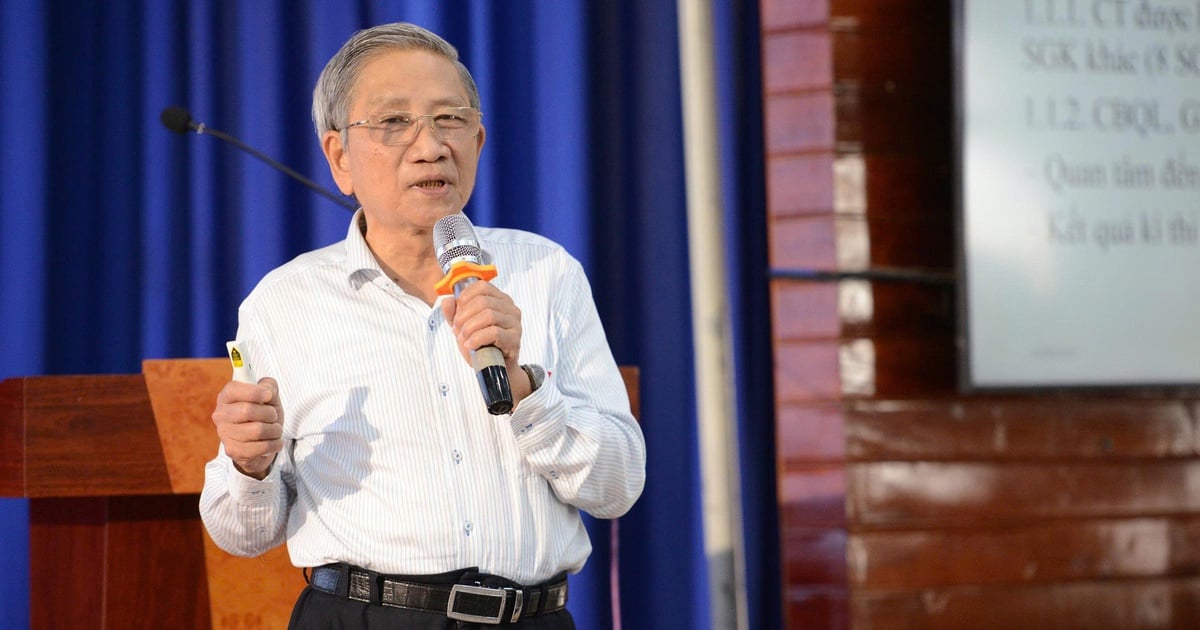
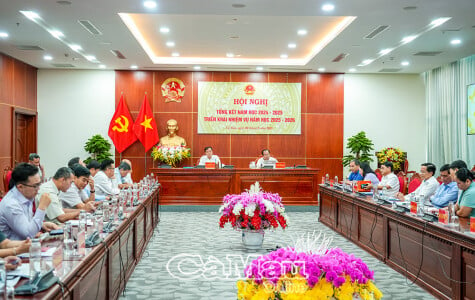

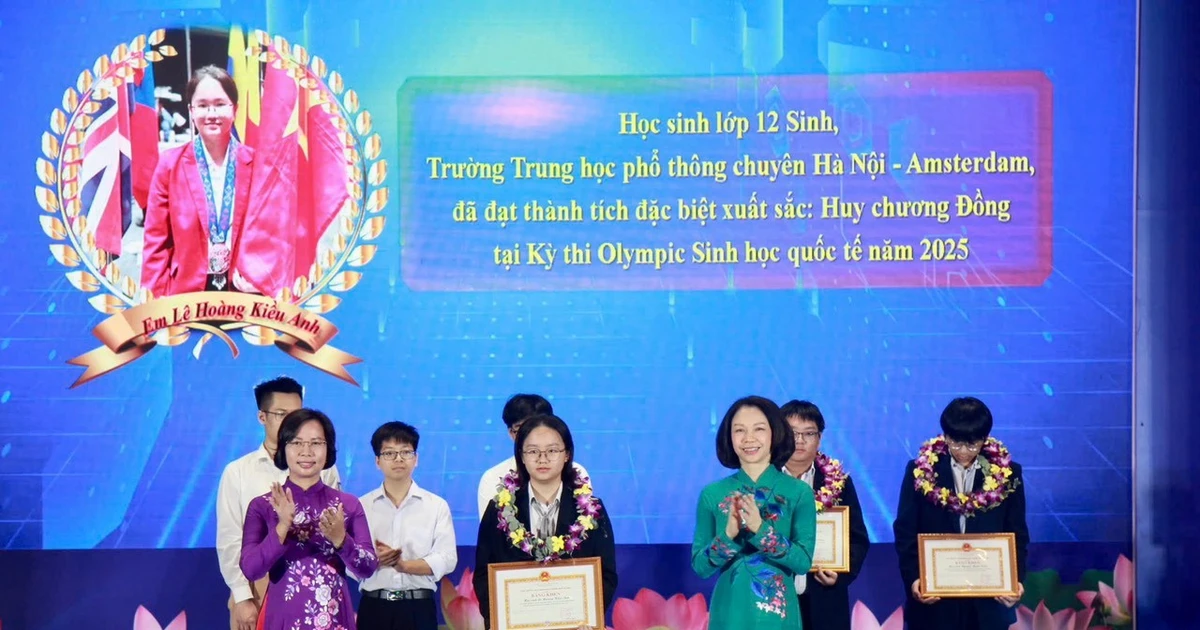

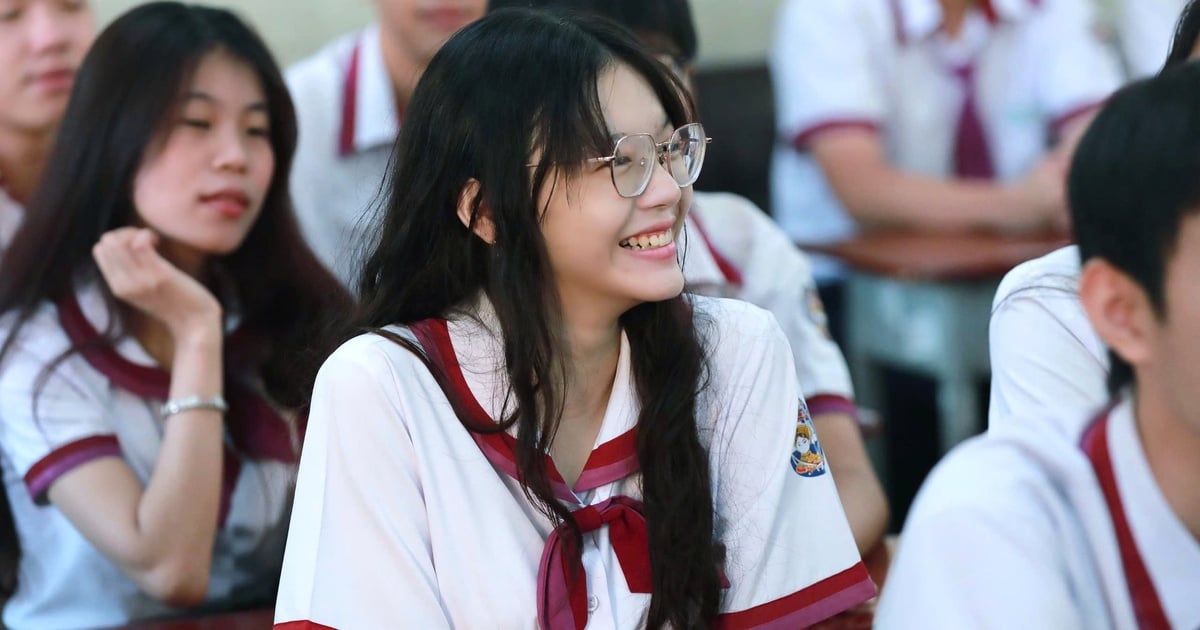
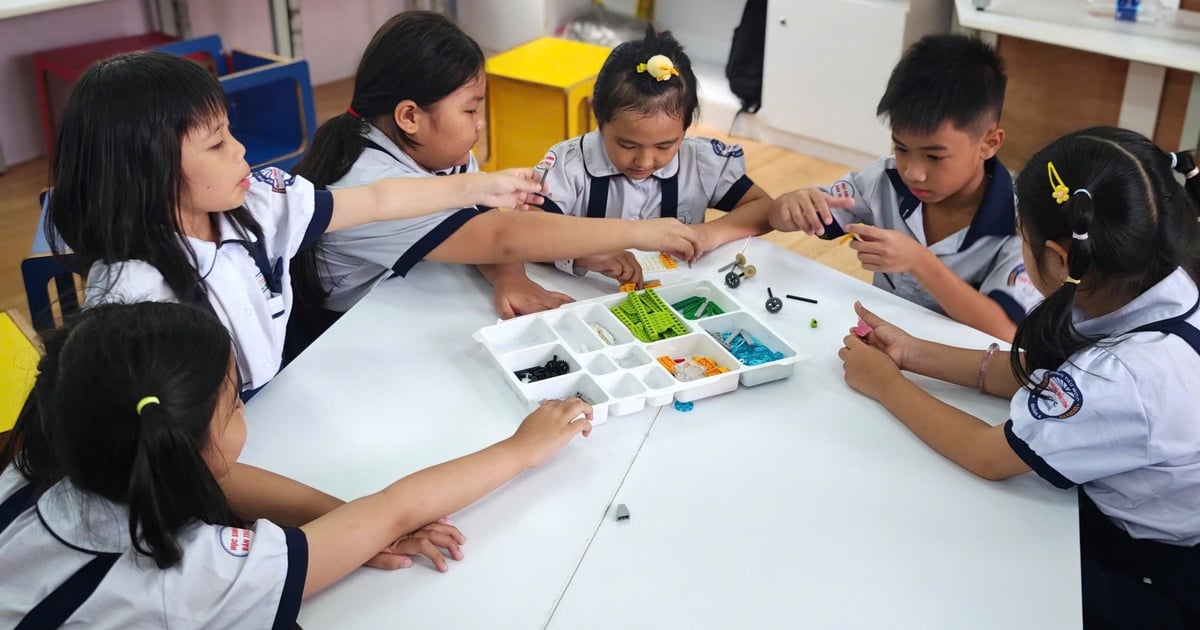
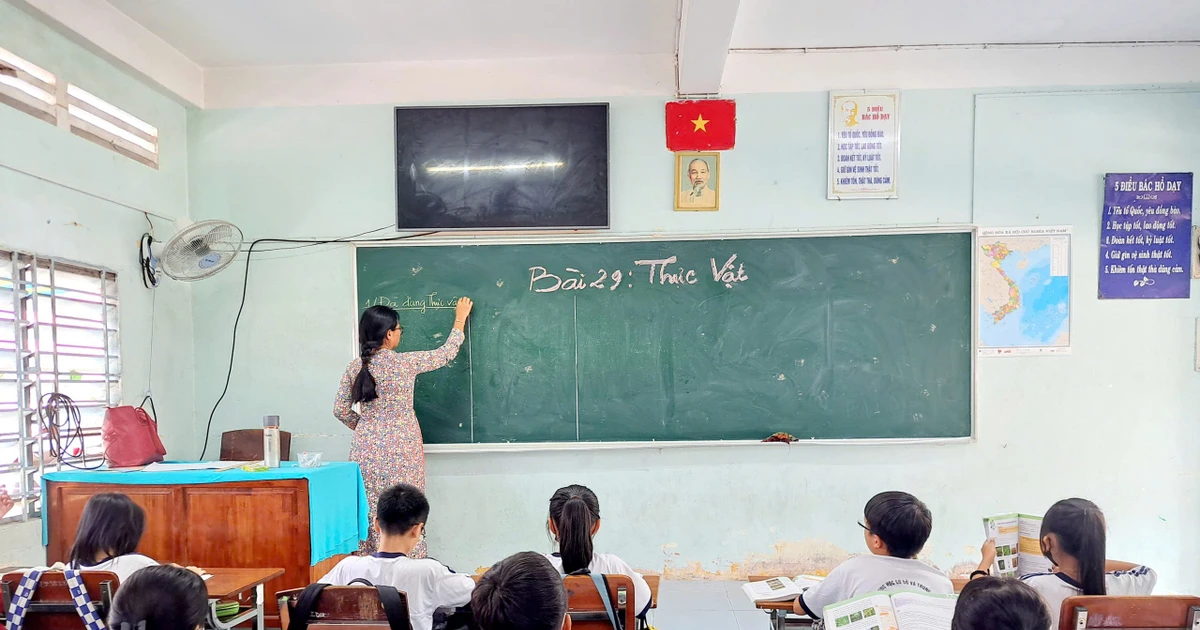

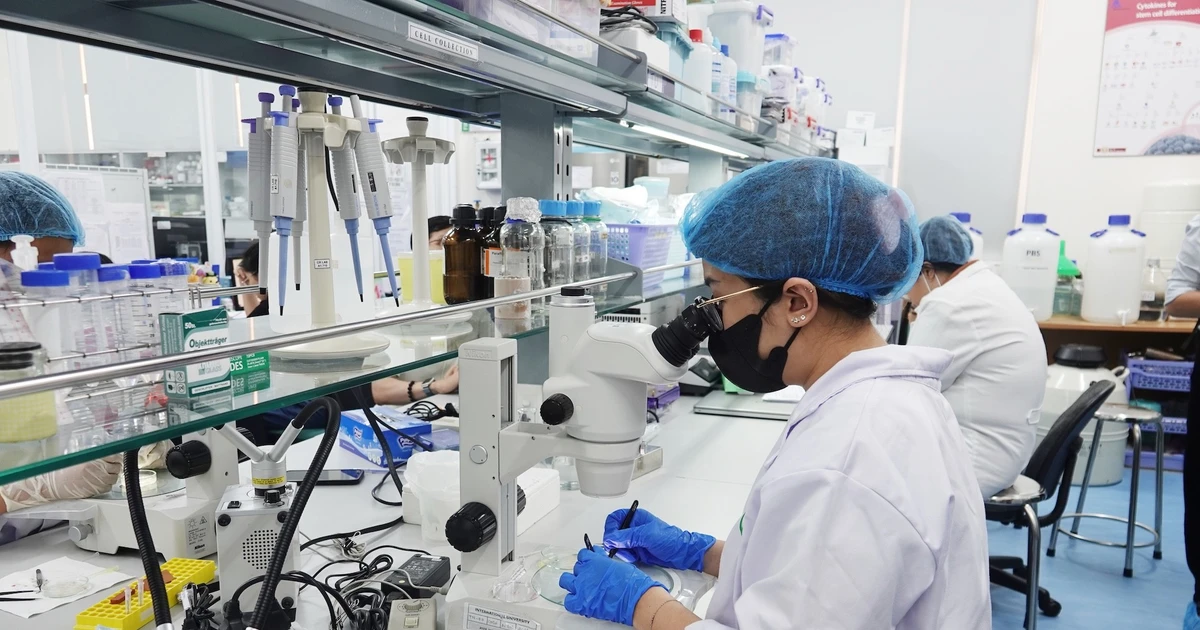
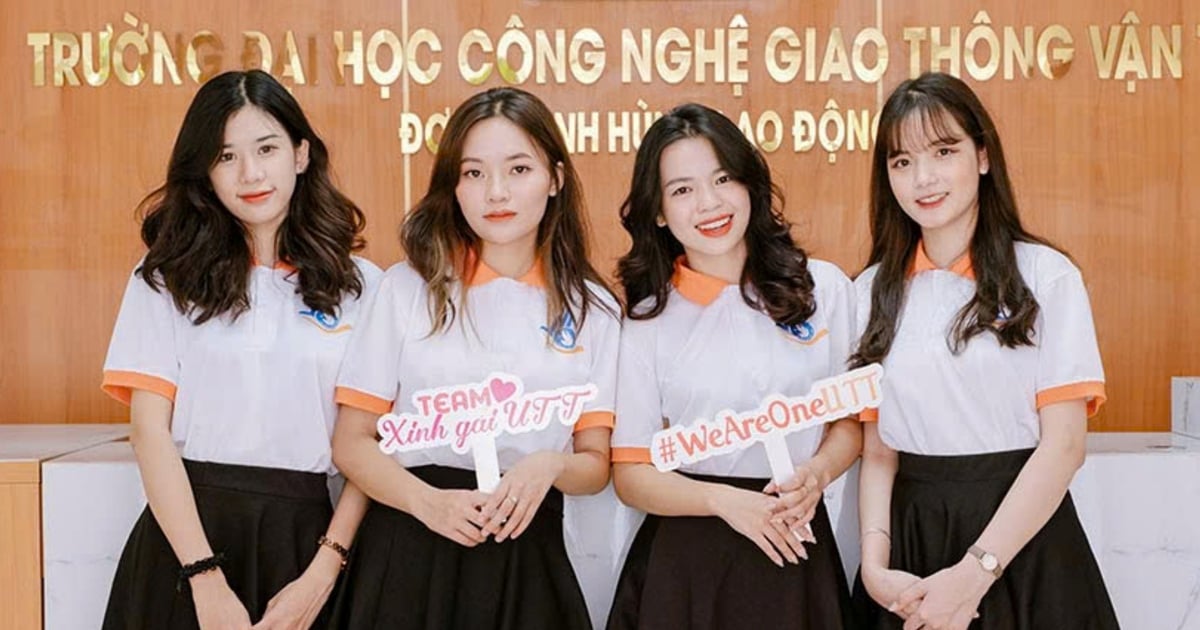
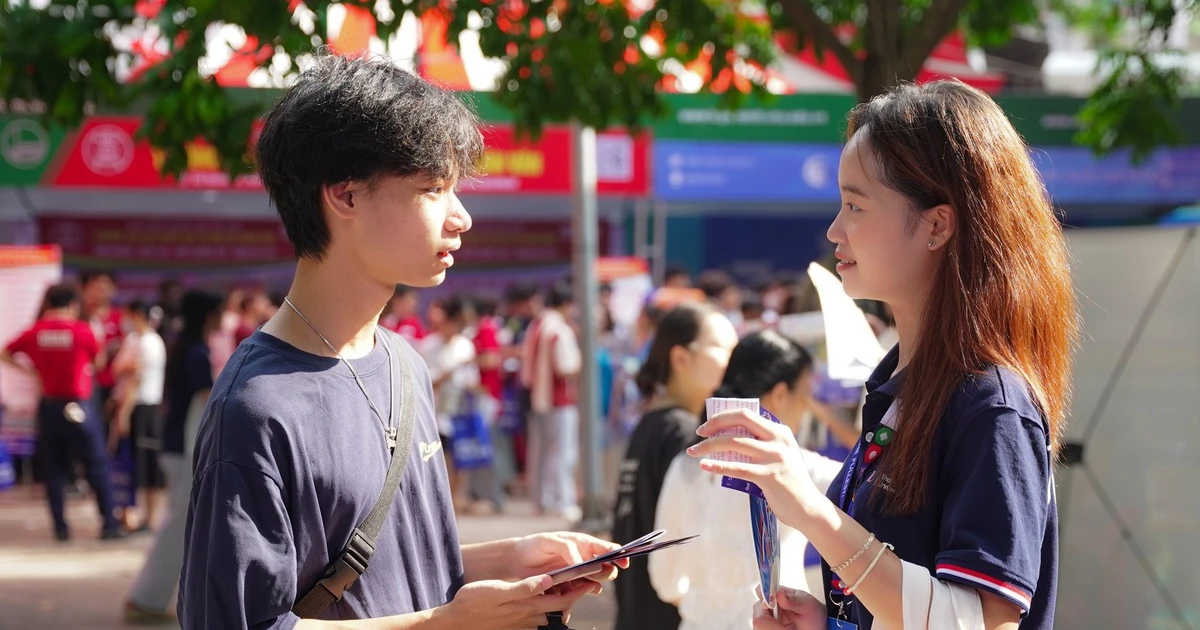
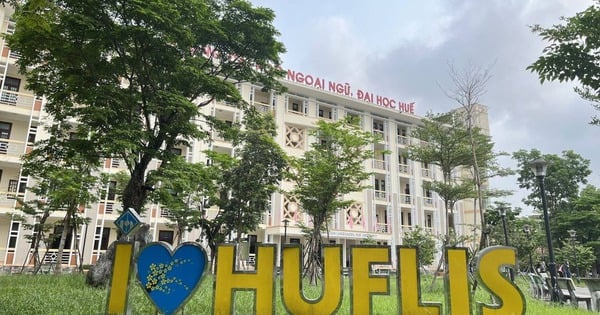

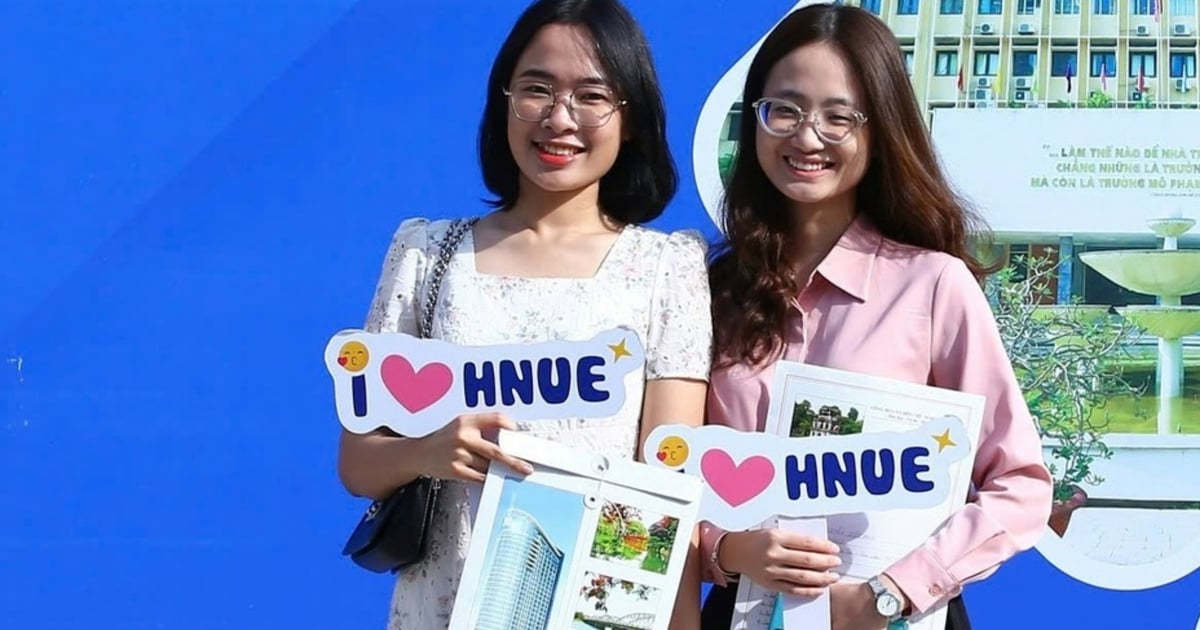




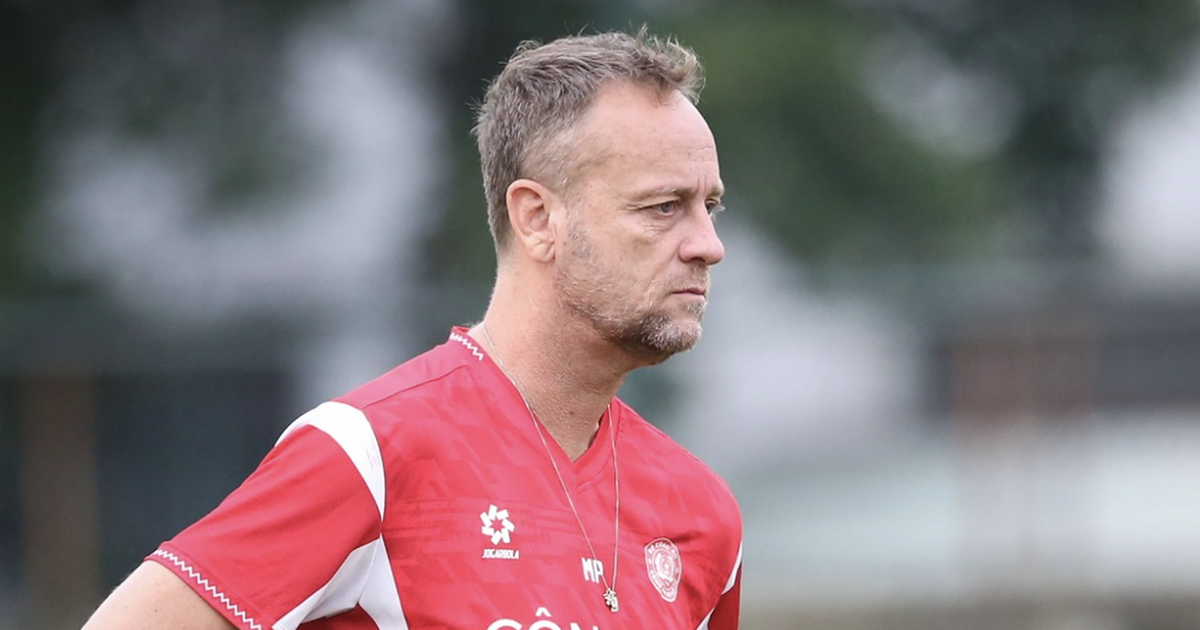
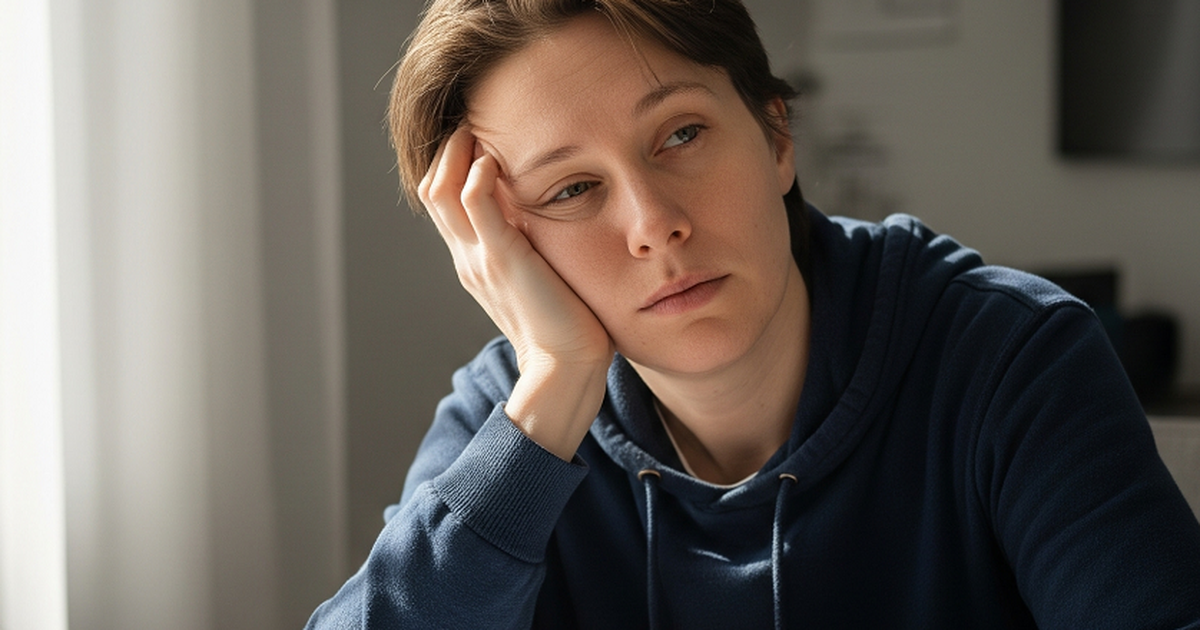

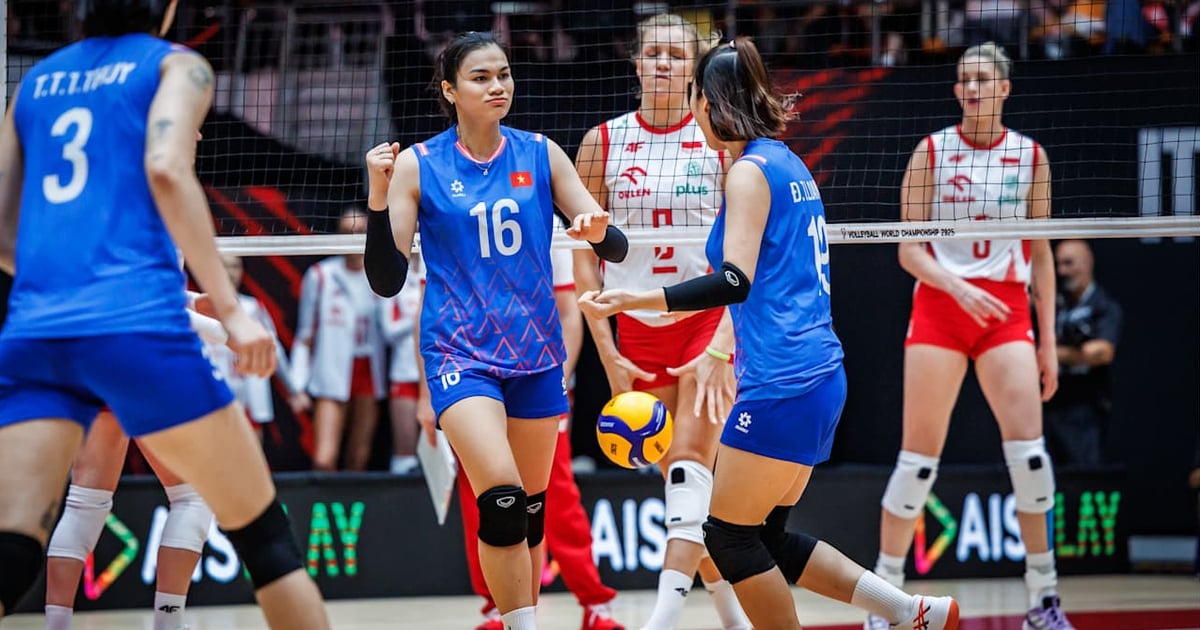
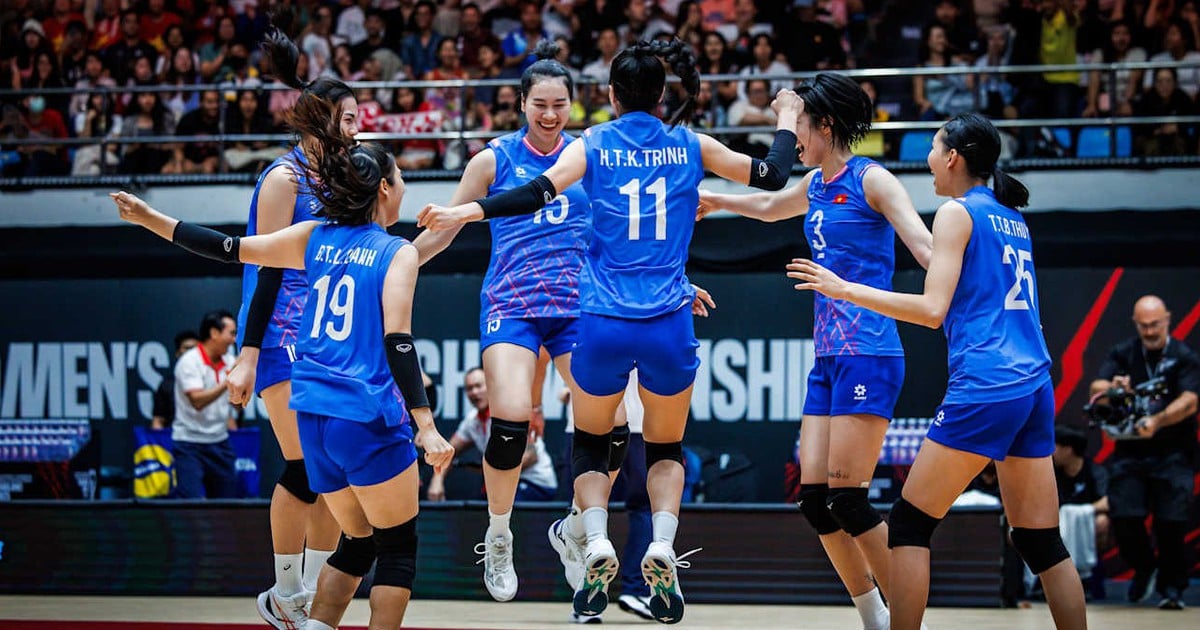
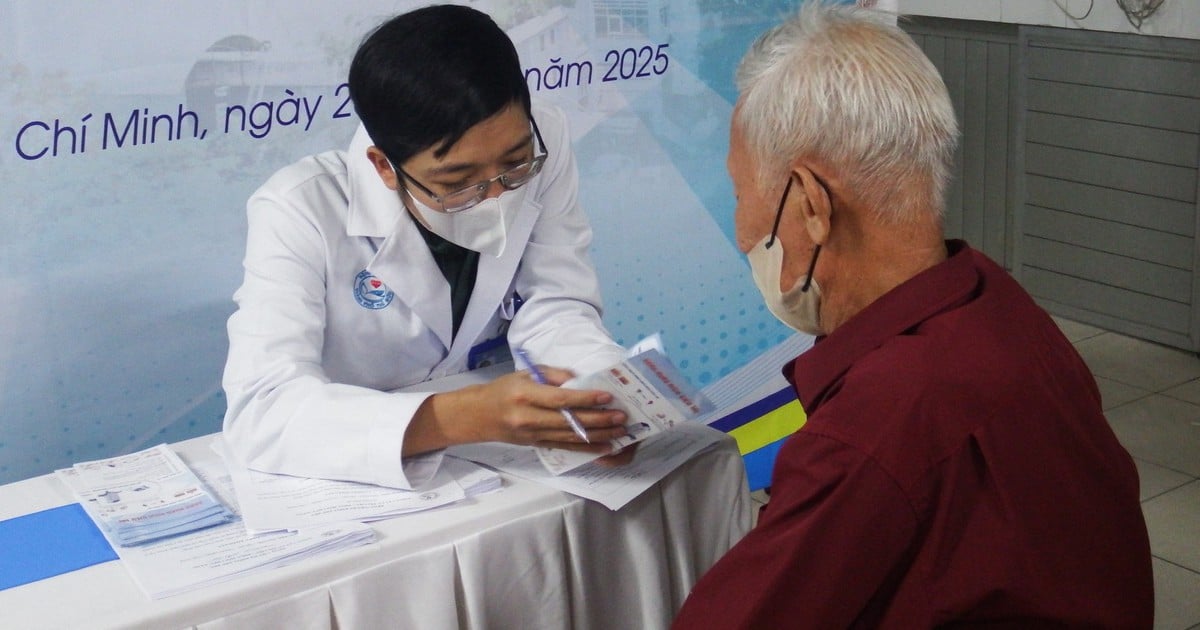









































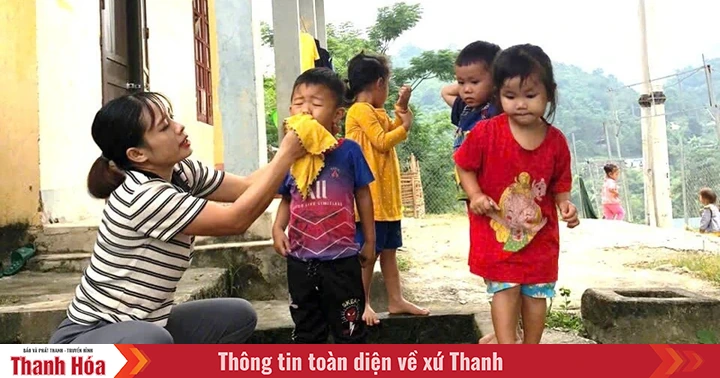

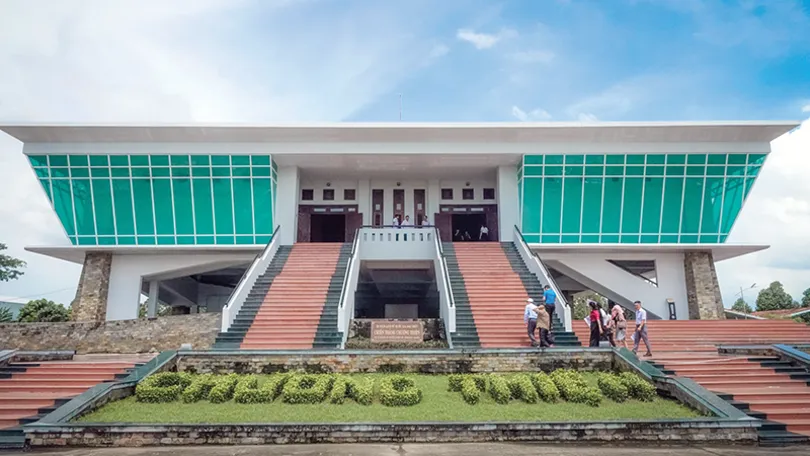



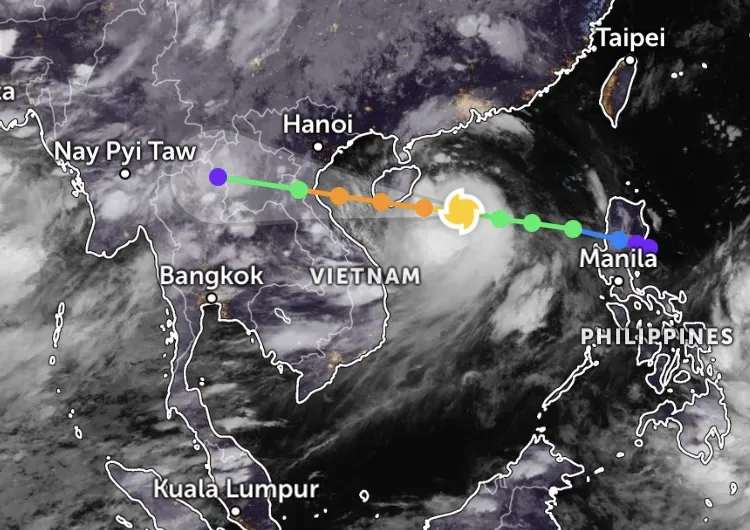
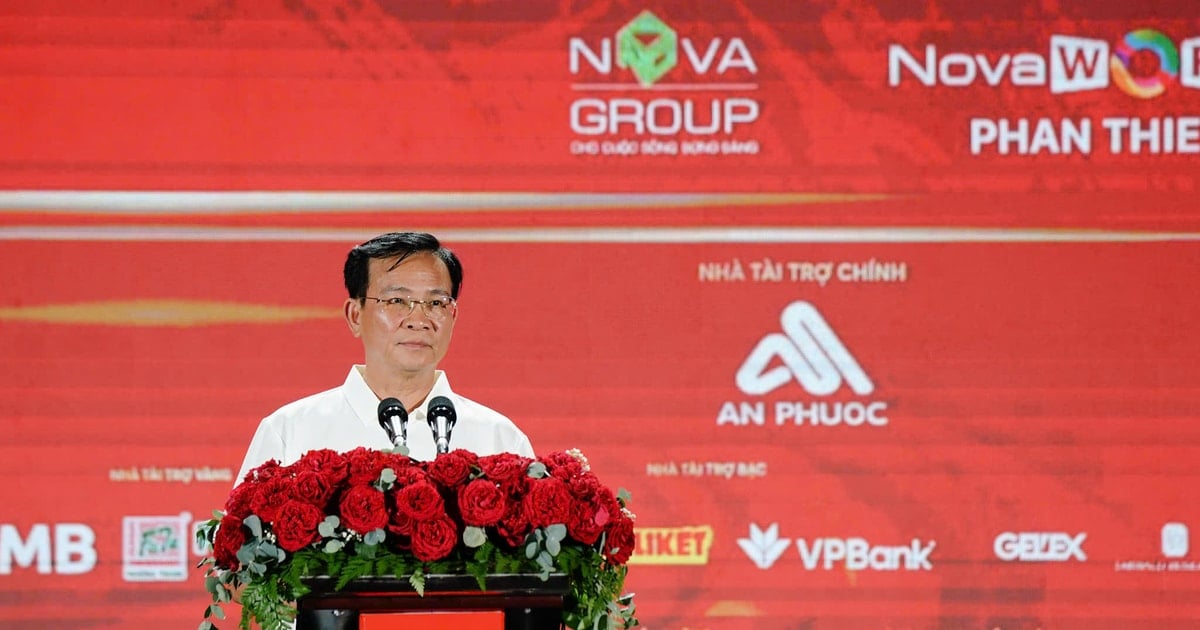

















Comment (0)